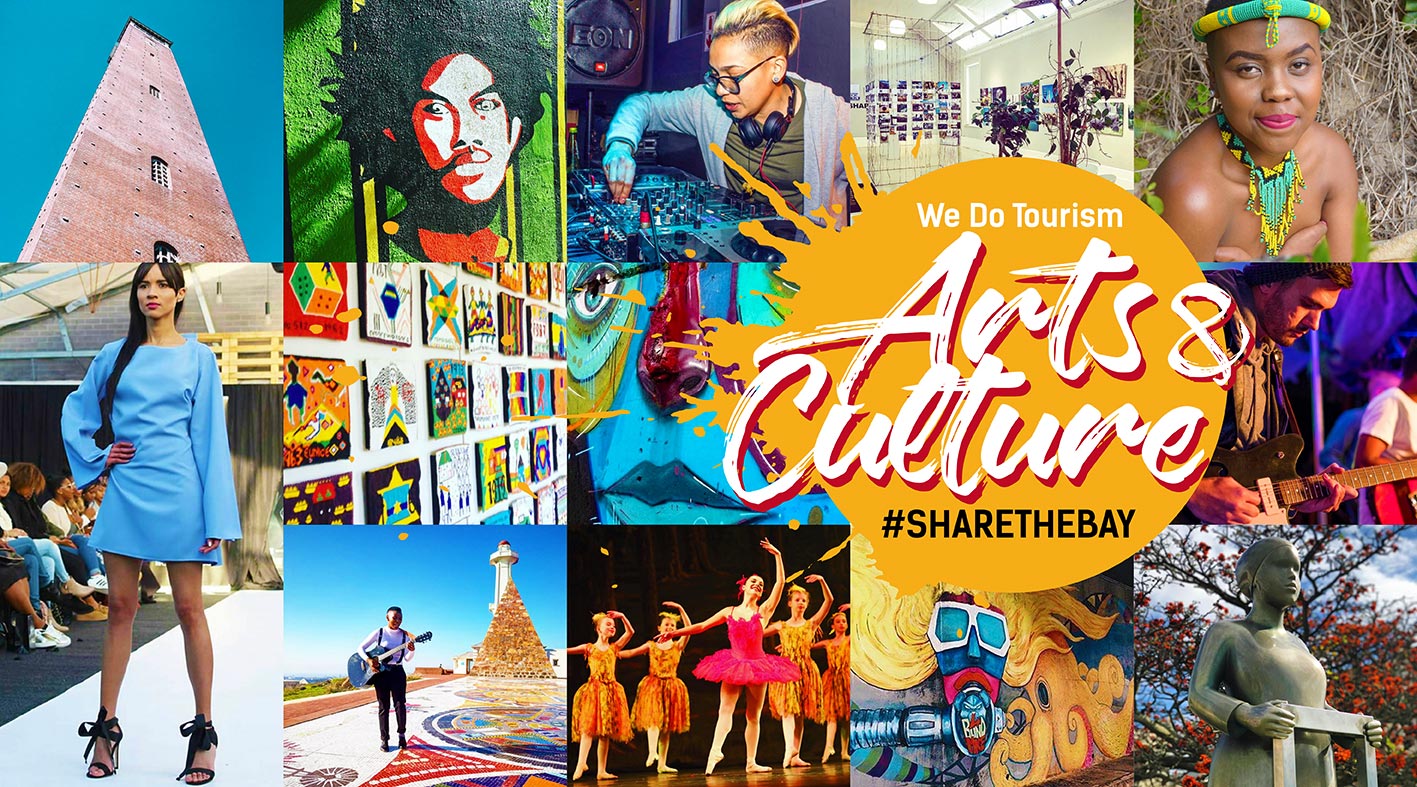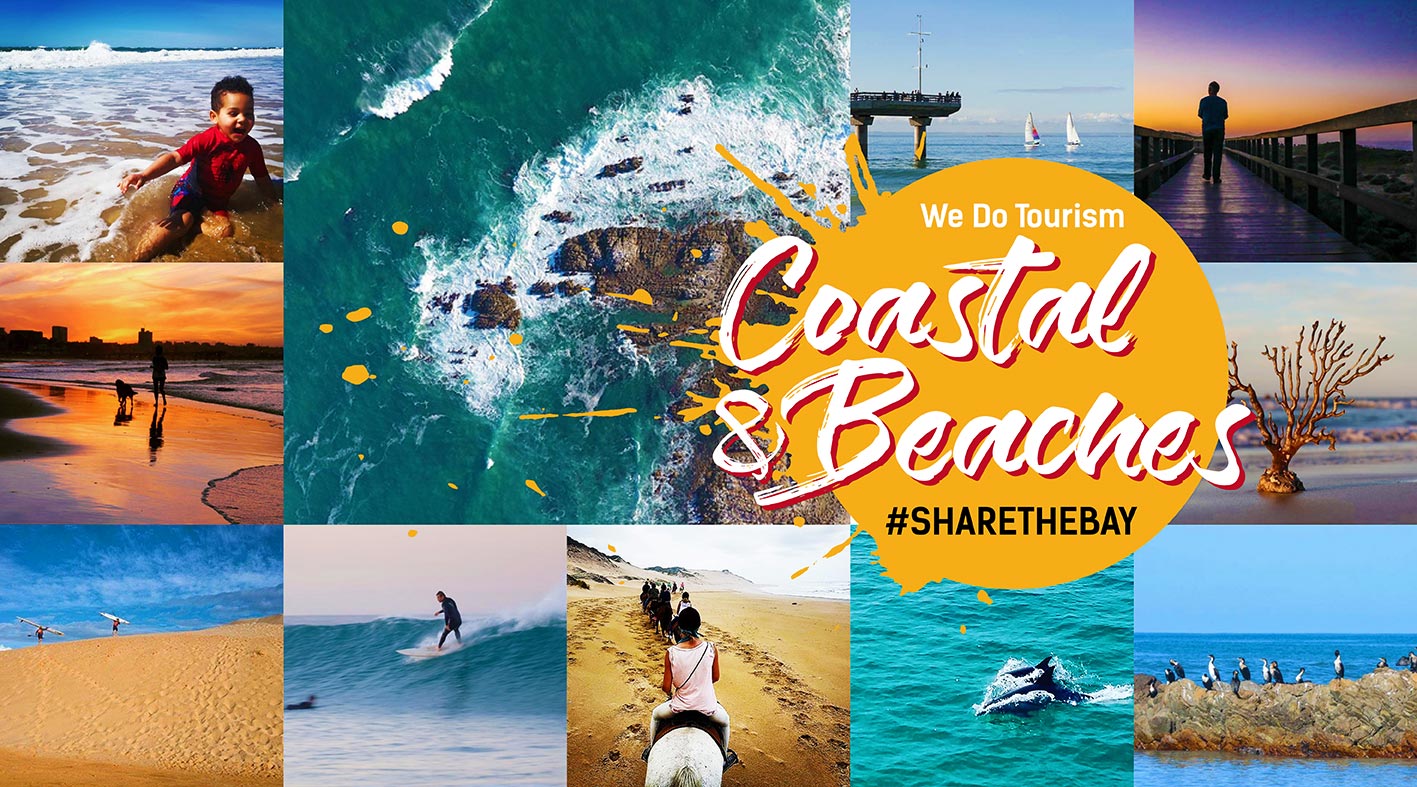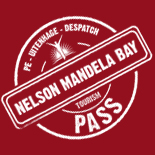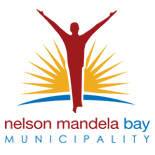Port Elizabeth

Port Elizabeth, Nelson Mandela Bay, South Africa
Port Elizabeth’s rich cultural heritage guarantees history lovers a unique insight into the Eastern Cape and the Bay’s diverse and remarkable past.
The nomadic San were the earliest group of indigenous people known to live in the Eastern Cape. The Khoi displaced the San into the mountains and semi-desert area, early in the second millennium AD.
A journey of discovery to find a route to the East brought the Portuguese, Bartolomeu Dias to the area. He rounded the “Cabo da Roca” (Cape of the Rock) in February 1488 and entered “Baia da Roca” (Bay of the Rock). Dias also gave the name “Ilheus Chaos” (Flat Islands) to the Bird Islands while on this voyage.
Vasco da Gama, Dias’ successor also entered the area in 1497. Cape Recife was named “Cabo do Arricife” (Cape of the Reel) by da Gama. The "Bay" was later named "Baia de Lagoa" by navigator and cartographer Manuel de Mesquita Perestrelo in 1576.
4 000 British Settlers arrived by sea in 1820, to become the first permanent British residents in the Albany District. On 6 June 1820, Sir Rufane Donkin, Acting Governor of the Cape Colony at the time, named the new sea port in memory of his late wife, Elizabeth.
Port Elizabeth (PE) was a commercial hub before the up-country gold and diamond booms. Port Elizabeth traded in wool, mohair and ostrich feathers. As a result, the harbour became a bustling port. Many people traveled to the city in search of trade and labour opportunities because the city was now an established commercial centre.
Early Port Elizabeth was characterized by the settlement of immigrant communities which included European and Cape Malay communities. The diverse community lived together according to economic and social status, rather than on an ethnic basis. However, when the Group Areas Act was legislated in 1960, this resulted in forced relocation under the apartheid law among the non-white population and the townships came into being.
Port Elizabeth was the first city in South Africa to establish a fully integrated, democratic local authority and has long been a leader in the political transformation of the country.
Port Elizabeth City at nightPort Elizabeth is now not only a commercial site but a tourism and adventure hub as well. Business is not the only reason people travel to the city anymore. Port Elizabeth offers a relaxing and calm feeling, whilst offering all the luxury and entertainment of a big city.
The “15-minute city” also offers convenience to business travelers as everything is but 15 minutes from the airport. Water sports, game drives, heritage walks and hiking are just a few of the many activities that can be enjoyed in Port Elizabeth.
Port Elizabeth is also host to numerous annual and seasonal festivals and events. Art galleries, museums, theatres and cinemas will keep the cultural mind entertained.
Presently, Port Elizabeth is fondly referred to as “Ibhayi” by Xhosa speakers, “Die Baai” by Afrikaners and “The Bay” by English speakers and the “friendly city” by all.
Download Map of Port Elizabeth





















 Please wait!
Please wait!